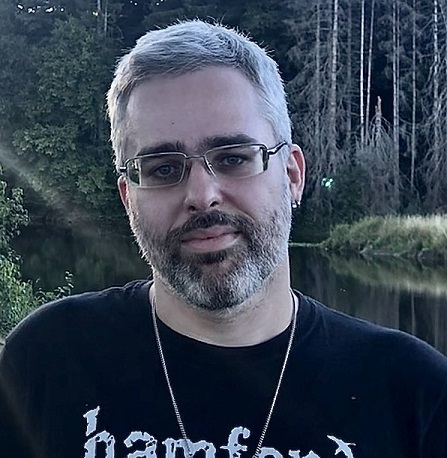Censorship creep (04/12/2020)
The UK, like many other parts of the world, has a long history of banning books for “obscenity”. The last time it happened in the UK, at least officially, was in 1990, when Lord Horror by David Britton was censored up until 1992. But if “obscenity” was the main reason for censorship before, today things have become more complicated. Now we preach censorship based on disagreement of opinion and the imputation of imaginary crimes. In a way, modern versions of good old obscenity.
And censorship does not end when a specific work ceases to be published or is prevented from circulating, but is directed at the author in an attempt to promote the cancellation of any work already published or even to be published in the future. The UK and the United States are at the forefront of this new method, such as in the cases of JK Rowling, Woody Allen or Jordan Peterson. What these very different authors have in common is that they have fallen foul of popular outcry against what is considered obscenity in our modern times.
Freedom of expression is sacred even when we don’t like the content of a book or its author – unless, obviously, we are speaking about someone openly preaching to exterminate a group. Sure, there are limits to freedom of expression, but we definitely cannot draw the line on opinions with which we disagree.
Full article at The Booksellers’ website. Date of publication: 04/12/2020.



Deixe um comentário